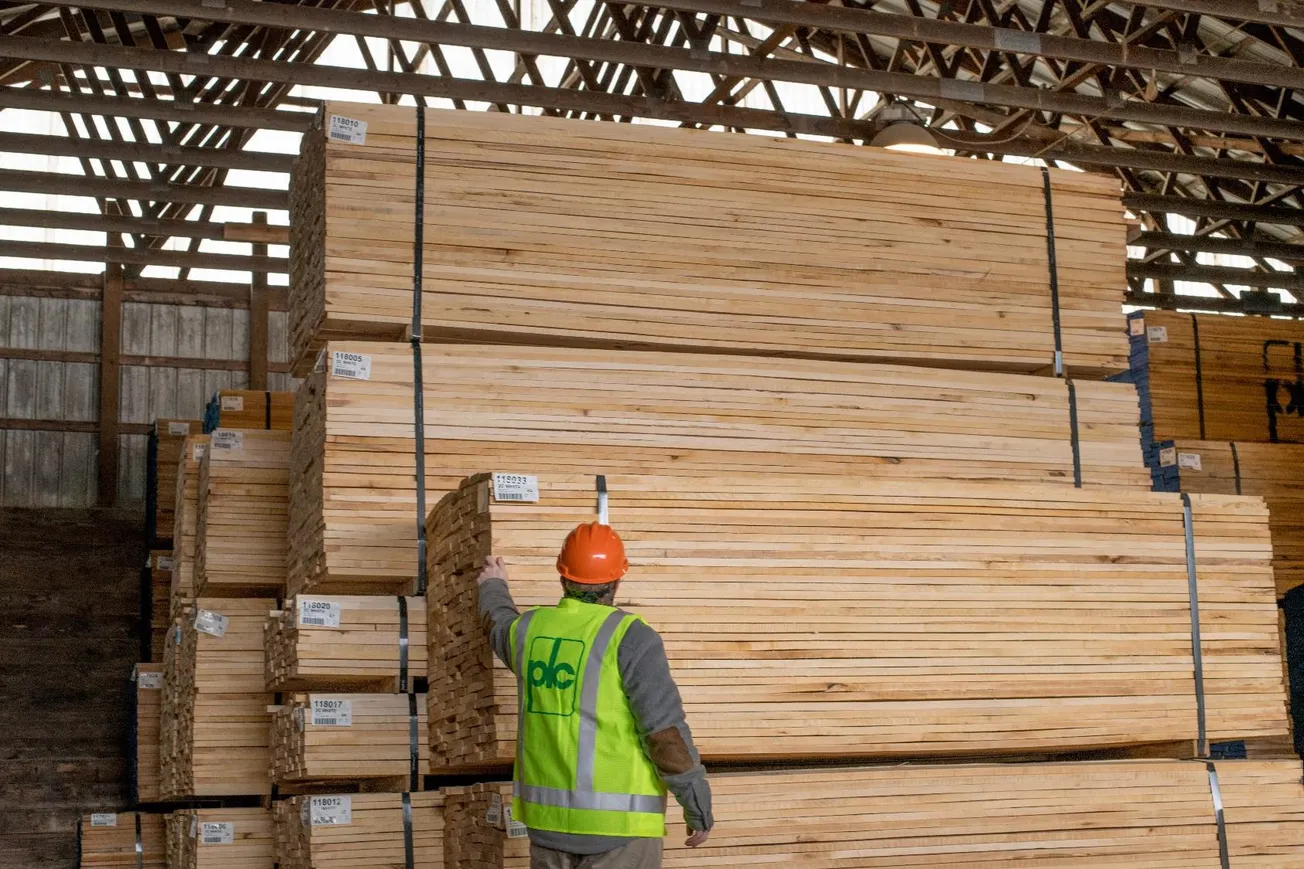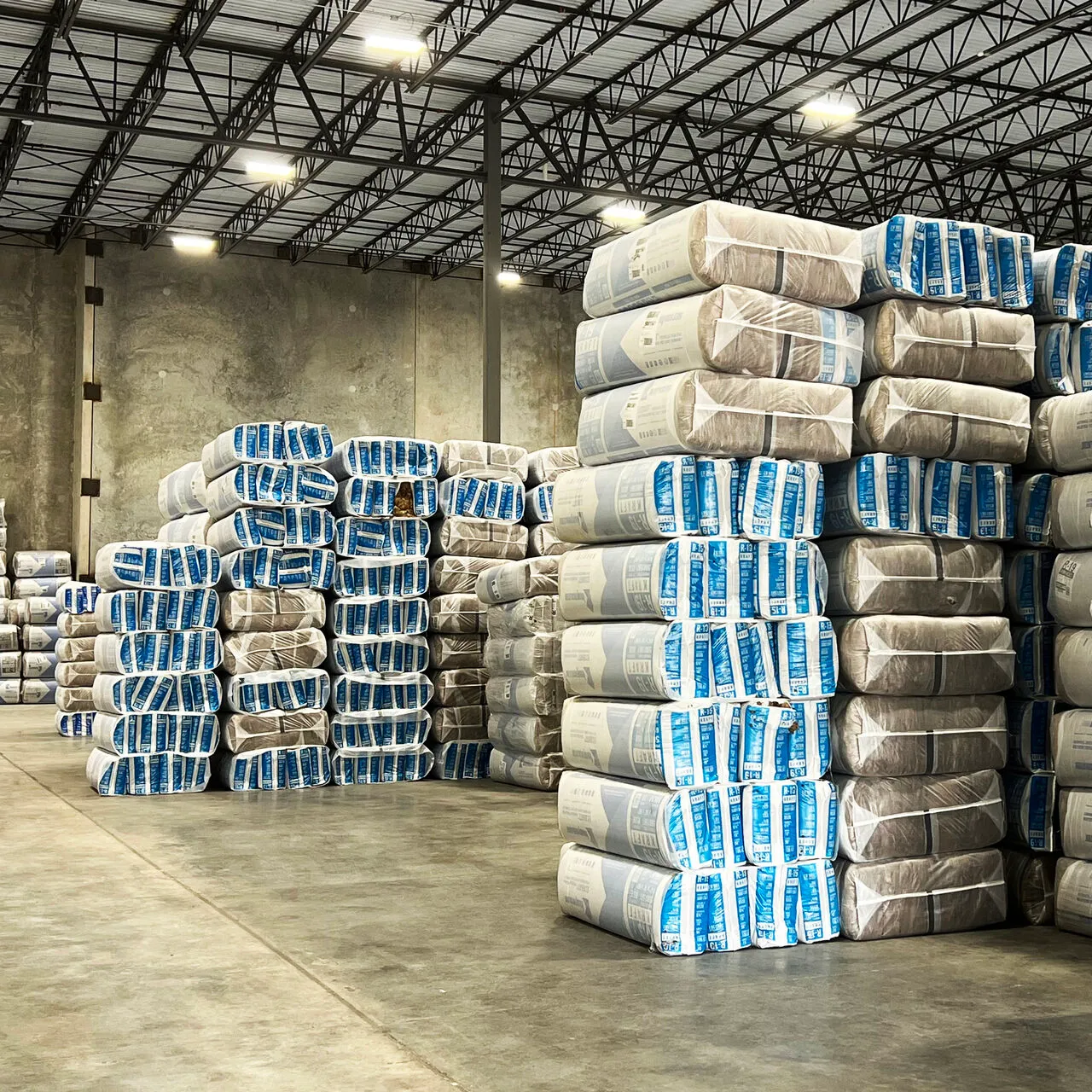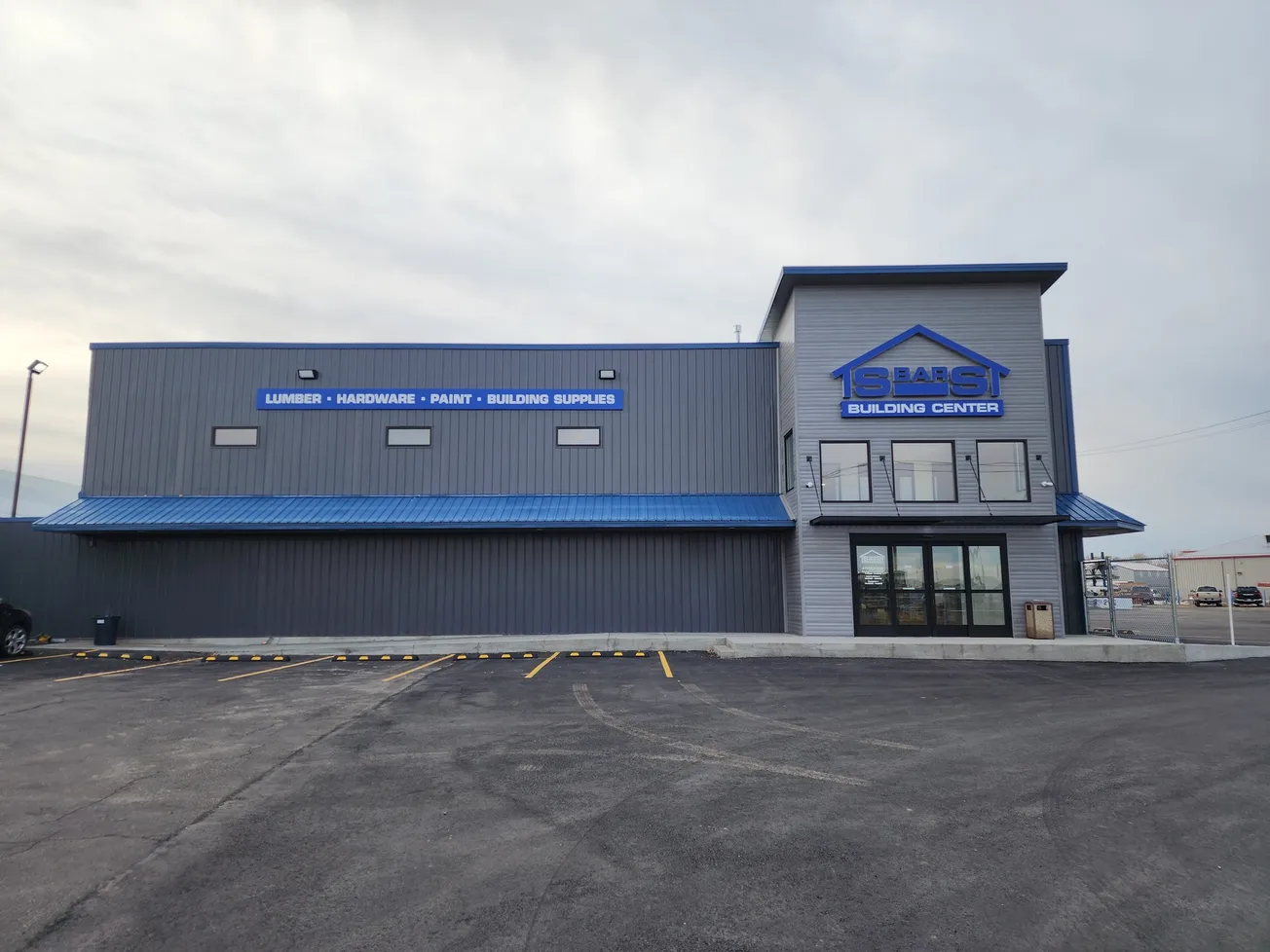Table of Contents
Over the past five years, the U.S. lumber and building material industry has grown by 1.2% to reach revenues of more than $95 billion in 2018, according to a report from IBIS World. In that same timeframe, however, the number of businesses has declined by 0.3%, making the market even more competitive for those who are still operating.
The landscape has been especially competitive for businesses in the retail space. Big box behemoths, like Lowe’s and Home Depot, have progressively emerged and changed the way consumers buy their building materials. By offering a large assortment of products at lower prices, big box stores have increasingly left independent LBM retailers experiencing difficult times or out of business. However, many independents have managed to survive this shift in retail activity by competing intelligently.
Small to mid-sized LBM stores, or independent retailers, should take a tip from their counterparts if they want to avoid being lumped into the 0.3% of stores that closed in recent years.
Here are five ways that independent LBM retailers can leverage their assets and invest wisely to compete against their big box rivals:
- Excel in customer loyalty. With the big box stores purchasing power for larger bulk quantities, they will continue to leverage the advantage of providing lower prices. Attempting to compete head to head without similar collective purchasing power is a limited strategy for independents. If customers are shopping based only on price, the opportunity to create loyalty is questionable at best.
With that in mind, price cannot make up the entirety of a small business’ customer retention plan. Small retailers should instead focus on the overall customer experience using service, expertise, convenience and efficiency to differentiate their business and increase customer loyalty—a tactic that ensures repeat sales and can support long-lasting customer relationships.
- Contribute to the community. One of the biggest benefits to being a local retailer is the opportunity for the business as the fabric of the community to leverage the “buy local” card. It is important to engage with the community and make it known that the business cares about its local roots, caring for the children of its customers and neighborhood in a general sense.
Beyond joining the local Chamber of Commerce, business owners can offer to serve other local businesses by letting them hang flyers in the store or even sell their products in the shop. They can also donate to youth sports, sponsor teams, participate in the Business Improvement District (BID) and serve on local boards.
A big box, on the other hand, is held to corporate standards and wouldn’t have the same grassroots community involvement that an independent dealer would. For example, a big box would never be able to partner with a local flower shop to do a joint sales day; they’re just not nimble enough or in touch enough with other local businesses.
- Work with a wholesaler or co-operative. Independent LBM retailers get their stock from several sources: purchasing cooperatives, hardware wholesalers, direct from the manufacturers, and secondary or specialty distributors. Most independent hardware stores choose wholesalers and co-ops that provide an opportunity for joint-advertising and marketing support.
To help compete with big boxes, many independent dealers might be member retailers of co-operatives, such as Ace Hardware or Do It Best, which give smaller retailers access to warehouse distribution and identification with a nationally advertised brand. By working with co-operatives, hardware wholesalers and distributors, independent businesses have the opportunity to incrementally grow special order sales with an unlimited number of suppliers—an area where big box stores might struggle with when corporate does not have an existing relationship.
- Implement business management tools. Small business owners are in charge of monitoring not only routine operational tasks, but also the changing market. Being responsible for finding new opportunities to increase growth and profits can prove to be a time-consuming and stressful undertaking, so implementing the right business management system to support this task is important.
The right tools can help automate operational tasks and create more efficient operations, freeing owners up to concentrate on sales, customer service and new opportunities.
For example, an Enterprise Resource Planning (ERP) system can seamlessly integrate POS, inventory and accounting into one, easy-to-access platform. Many small LBM retailers leverage ERP in concert with Customer Relationship Management (CRM) and business intelligence tools, credit card processing services and e-commerce platforms—all of which will contribute to an independent dealer’s growth, profitability and competitive advantage against big box stores and other LBM businesses. Not only does investing in software improve overall business performance, but it can also help support customer service efforts as well.
- Go above and beyond with delivery services. Offering to deliver same or next day and hot shot loads increases the perception that small dealers are willing to go the extra mile for their customers. Some small business owners hold off on offering these services due to fuel, labor costs and vehicle maintenance.
However, if implemented properly, a small business’ ERP system with integrated delivery management tools can provide several key advantages: lower fuel costs through optimized routes, avoidance of delivery disputes by capturing electronic signatures and the ability to track vehicle maintenance. A system like this can save small LBM businesses thousands of dollars per truck annually, while still providing a top-of-the-line service that is similar to, if not better than, larger competitors and big boxes.
Independent LBM business owners are under increased pressure by the current competitive market led by big box stores that offer low prices, a wide breadth of options and convenient services. However, what some LBM business owners don’t realize is that there is a potential to provide similar offerings, but in an even more tailored, customer- and community-centric way.
By tapping the local community and focusing on customer loyalty, LBM retailers can surpass their big box competitors by providing their customers with assets that their larger competitors will never have. To deliver on that promise of customer dedication and superior service, owners should also consider investing in smart technology that will increase efficiency and improve overall business operations.
Armed with the right tools and strategy, independent dealers will be able to leverage their competitive advantage to function alongside larger competitors and big box retailers alike.









